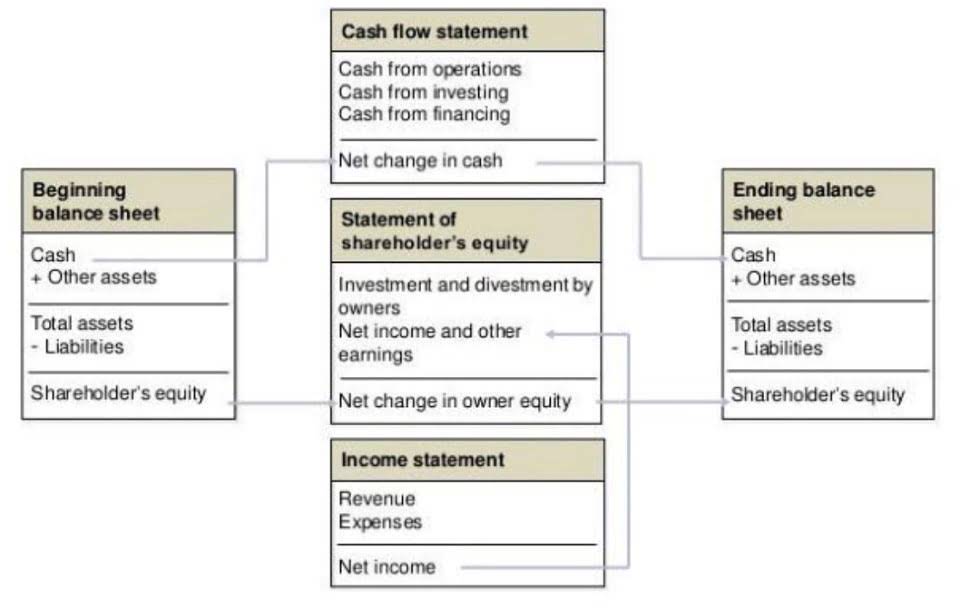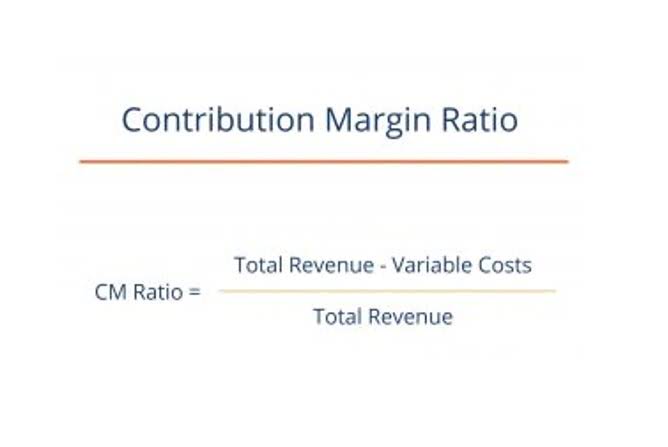
Additionally, where applicable, you are granted the opportunity for a collection due process hearing, further reinforcing the principle that IRS actions should be fair, legal, and minimally invasive. This right plays a crucial role in maintaining the integrity and trustworthiness of the tax system. The TABOR embraced by Congress in 1988 and amended later refers to changes made explicitly to define and increase taxpayer rights when faced with liens, audits, and assessments. These changes require the IRS to prove its case against the taxpayer, for example, refund tax attorney’s fees under certain circumstances, and give taxpayers more time to cover late payments before incurring interest. Representation – it is your right to be represented by the person of your choice. FYI, A representative does not have the ability or access to make changes to your address, marital status, or direct deposit information.
How Outsourcing Payroll Can Save You Time and Money

A .gov website belongs to an official government organization in the United States.
- However, every taxpayer is entitled to a set of fundamental rights, ensuring a fair and transparent interaction with the IRS.
- Taxpayers are entitled to a significant degree of privacy in their dealings with the IRS.
- Any unauthorized disclosure is not only unethical but also illegal, with potential consequences for those responsible.
- In essence, this right, as outlined in the IRS Taxpayer Bill of Rights, is about empowering you, the taxpayer, with the essential information needed to effectively and confidently manage your tax duties.
- For example, if you receive a notice fully or partially disallowing your refund claim, including a refund you claim on your income tax return, it must explain the specific reasons why the claim is being disallowed.
Correlation between the Canadian Taxpayer Bill of Rights and the Income Tax Act

The Bill of Rights is designed to apply within the framework of existing Canadian tax laws, meaning they do not supersede or contradict statutory requirements or restrictions. For instance, if a law mandates obligatory disclosure of specific financial information, the taxpayer’s right to privacy may not exempt them from these requirements. However, the precise limitations are subject to interpreting the particular rights and specific tax laws in any given context. These services help small businesses understand and fulfil their tax obligations, avoid missteps, and ensure they utilize all the deductions and credits available. You can request a CRA outreach officer to help your community learn about taxes and benefits by visiting their website, cra-arc.gc.ca.
The Taxpayer Bill of Rights: Fundamental protection for all taxpayers

While taxes have been a constant throughout US history, they have never been very consistent – tax laws are amended and changed frequently, and the US tax system has seen several drastic overhauls in its 244-year history. When planning to navigate your rights as a taxpayer in your state and county, it’s a good idea to get in touch with a professional. You have the right to know what you need to do to comply with tax laws. This means the IRS must provide clear explanations of the laws, procedures, and any notices or correspondence you receive.

Small Business Insights into the Canadian Taxpayer Bill of Rights
Mr. Freeman has been named by Chambers https://www.bfr-exhaust.be/bookkeeping-2/top-10-accounting-software-for-multi-companies-in/ & Partners as among the leading tax and litigation attorneys in the United States and to U.S. He is a former recipient of the American Bar Association’s “On the Rise – Top 40 Young Lawyers” in America award. Mr. Freeman was named the “Leading Tax Controversy Litigation Attorney of the Year” for the State of Texas for 2019 and 2020 by AI. Bishop guides clients with their various estate planning needs and helps them navigate the Medicaid system in Florida. Accredited attorney and helps Veterans obtain benefits from the Department of Veterans Affairs.
- Taxpayers have the right to know the maximum amount of time they have to challenge the IRS’s position as well as the maximum amount of time the IRS has to audit a particular tax year or collect a tax debt.
- This charter is the first time the IRS has itself addressed the issue and formally took measures to define certain taxpayer rights.
- These services help small businesses understand and fulfil their tax obligations, avoid missteps, and ensure they utilize all the deductions and credits available.
- Knowing when an audit or collection period concludes offers a sense of closure and certainty in your financial and tax planning.
- Consistent treatment – fair and consistent application of the law.
- Our small business administrative burdens in Canada are more streamlined than in the U.S.
- Here’s a breakdown of the 10 fundamental rights you should know—and how they help you.
- Here are the first eight of your sixteen basic taxpayer rights as found in RC4417 and RC17 (E).
- This entitlement allows for a thorough reconsideration of IRS rulings, providing a vital check and balance in the tax system.
- You hold the right to an impartial administrative appeal against most decisions made by the IRS, ensuring fairness in the review process.
- As a result of a federal grant program administered by the Taxpayer Advocate Service, there are over 130 LITCs in the US today.
Congress required the IRS to publish a plain-English pamphlet summarizing these rights, which is Publication 1, Your Rights as a Taxpayer. Take time to read this pamphlet if you are being audited or dealing with an IRS collector. Taxpayers have the right to retain an authorized representative of their choice to represent them in their dealings with the IRS. Taxpayers have the right to seek assistance from a Low Income Taxpayer Clinic if they cannot afford representation. Each and every taxpayer has a set of fundamental rights they should be aware of when dealing with the taxpayer bill of rights IRS. LITCs provide much-needed pro bono representation to low income individuals in tax disputes.

The CRA has to review the appeal and consider the taxpayer’s point of view. If not satisfied, taxpayers have the right to appeal to the Tax Court of Canada. The ITA and the Taxpayer Bill of Rights work jointly within the tax landscape. The ITA generally provides specifics of tax obligations, while the Bill of Rights establishes parameters of fairness and equitable treatment while navigating said obligations. Formal review – the right to a formal review and a subsequent appeal to the courts if the disputed taxes cannot be resolved.
As a result of a federal grant program administered by the Taxpayer Advocate Service, there are over 130 LITCs in the US today. The idea is catching on, with LITCs operating in Australia, and soon expanding to UK and elsewhere. The Taxpayer Rights Accounting Periods and Methods Digest is a biweekly (or so) email newsletter that shares information about developments and events relating to taxpayer rights around the globe. We welcome readers’ suggestions and updates about topics and current developments. The Ombudsman’s role is to uphold the Taxpayer Bill of Rights and investigate complaints from taxpayers who believe the CRA has not respected their rights. The Income Tax Act (ITA), first passed in 1917, is the primary piece of legislation governing the federal taxation of income in Canada.
These rights are key to navigating tax laws confidently, ensuring clarity, protecting privacy, and maintaining the integrity of your interactions. They form the backbone of a just and equitable tax system, balancing your obligations with your entitlements. Embracing these rights empowers you as a taxpayer, fostering trust and fairness in the tax process.
